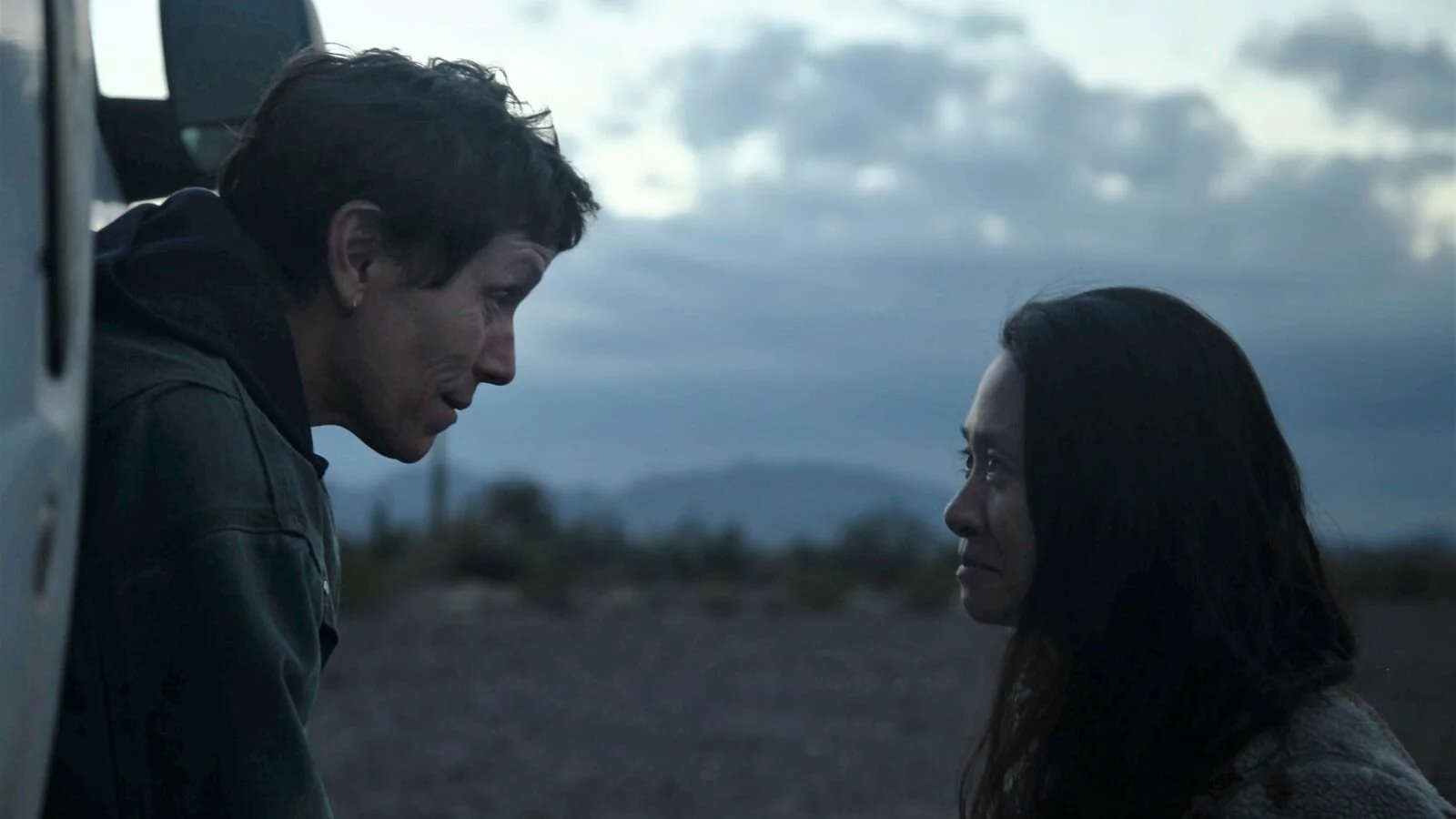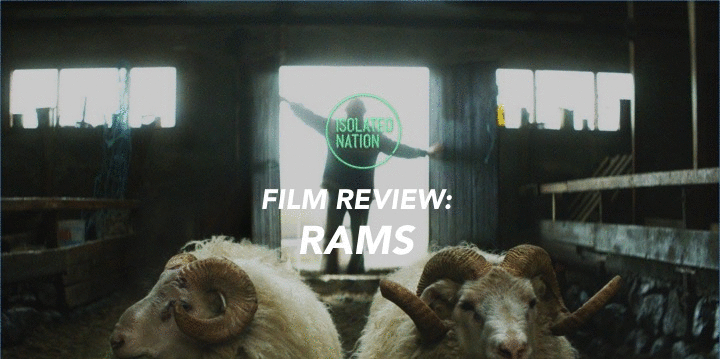FILM REVIEW: Based on facts, "I Am Not a Witch" tells a bleak, surreal tale
Nothing beats the Somerville season. Watching a film on a balmy summers’ night under a comforting blanket of piney-obscured stars marks the Perth art season. The whole experience makes me feel securely middle-class; bordering on being too comfortable in the pleasures of my privileged existence. So to feel cold, fat raindrops thwap my cis-white girl scalp whilst watching a heartbreaking film about a Zambian child witch who can make it rain… well, it’s hard to miss the grim congruence.
‘I Am Not a Witch’ is the feature-length debut of Welsh-Zambian director, Rungano Nyoni. Touted as a satire, ‘Witch’ tells the story of 8-year-old Shula who is sent to a camp for real-life witches.
As can be expected of a film so tragically based on real-world human rights violations, laugh out loud moments are achingly sparse. Black and unexpected moments of comedy are littered throughout the film’s many meandering tableaus of Shula’s life as a witch. Unexpected subversion in a tattered singlet emblazoned with the words “#BOOTYCALL”, the laughably casual Zambian court, interrupted by a 70-year-old farmer’s ringtone - a coarse electronic remix of “Old McDonald”- offer welcome moments of reprieving light in the darkness.
Witch camps in Zambia and Ghana still function to this day. Although to call them ‘camps’ is horrifyingly lenient as the film’s depiction reveals them to function as part tourist attraction, part gulag. The almost surreal horror is presented by Nyoni with a sardonic humour. The performances she has elicited from her non-professional cast of witches are delightfully absurd. Dialogue is ad-libbed in English, Bemba, Nyanja, and Tonga, which works well in showing the binding power of women cast to the outskirts.
Nyoni uses striking metaphors to tell her story. Each witch is ‘grounded’ by varying lengths of white ribbon, representing the leash-like qualities of stigma and inequality. When communicating her distress for being tethered Shula is told by the older women that she should be happy with her long ribbon. In the past, the ribbons were shorter. The women more limited. Shula’s struggle to remain tethered or cut her ribbon poses an existential question: Do you choose to live as a ‘witch’, a stigmatized minority, restricted and unhappy, or do you choose to be something else?
Allowing the audience to grapple with this impossible choice, Nyoni lets scenes linger for a few beats longer than necessary in the final third of the film, but it is worth staying for the transfixing cinematography alone. David Gallego (who worked on ‘Embrace of the Serpent’) captures hard and wonderful images of the harsh landscape, all of which are paired dramatically with classical composers like Vivaldi.
‘I Am Not a Witch’ is not for the faint-hearted. It is not for those who stew on the edge of empathetic anger. It best serves audiences who are prepared to dive in and get wet.








